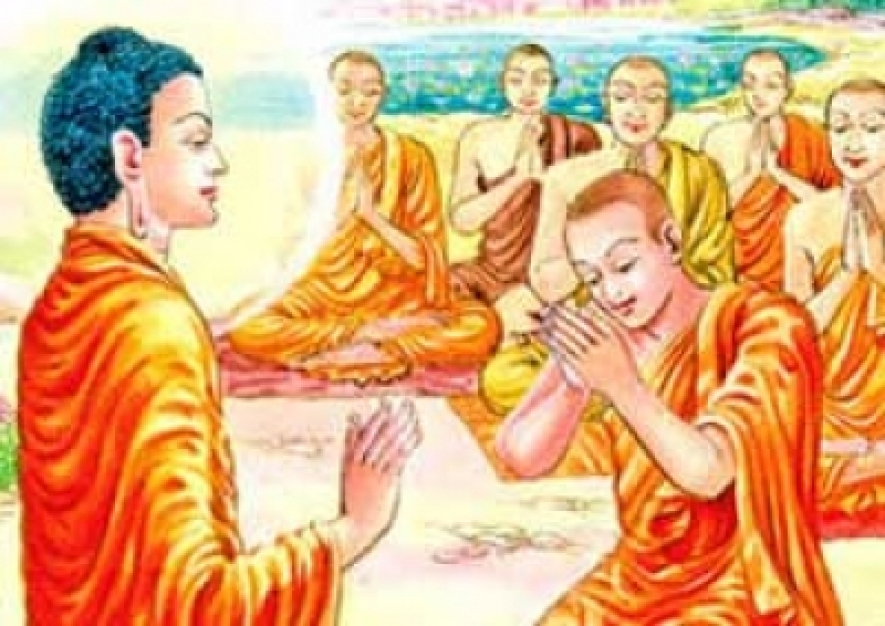The Vinaya Pitaka and Anguttara Nikaya give the following account on setting up the monastic order for women thus: At one time the Buddha was in Kapilavatthu and his step-mother, Maha-Prajapati Gotami asked permission to go forth into the homeless life.
The Buddha refused, saying, “No, Gotami, do not wish for women to enter homeless life in this doctrine and discipline that has been taught by the Tathagata. Maha-Prajapati Gotami made the same request on two other occasions, but the Buddha gave a negative answer each time, and Maha-Prajapati Gotami was very disappointed.
At the end of their journey, they gathered together weeping outside the gate of the place where the Buddha was residing. Seeing Maha-Prajapati Gotami and her group, Ayasmanta Ananda made a new request on their behalf. This time, the Buddha gave permission to Maha-Prajapati Gotami to enter the homeless life ‘in this doctrine and discipline’ on condition that she would accept the Eight Great Conditions.
The other significance of this Poya is that it falls during the Vas retreat season of bhikkhus.
The bhikkhus who are in Vas retreat in temples get engaged in acts of guiding the Upasakas and Upasikas in Dhamma path by ways of Dhamma sermons, and advising and helping them in religious rituals such as Bodhi Poojas, in gratitude who look after the bhikkhus in providing them with the four essentials in the life of a bhikkhu namely: Cheevara, pindapatha, senasana, gilanopastana (robes, alms, shelter, and medical care).




















